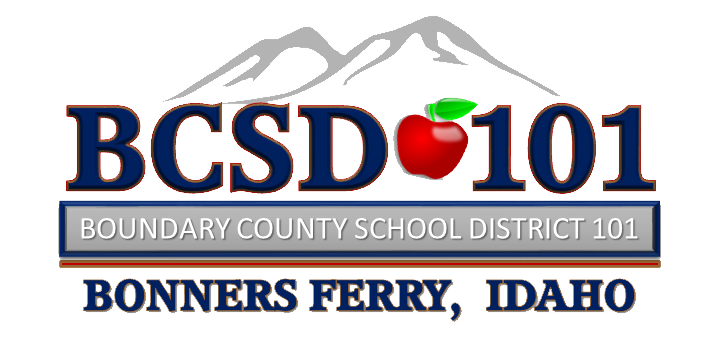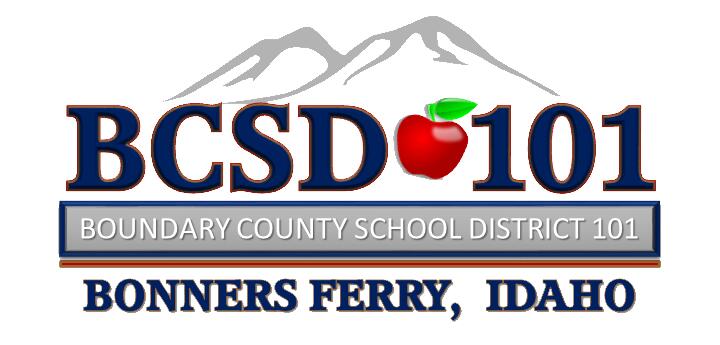Curriculum

At BCSD, we strive for consistency, rigor and an informative report card. A standard-referenced report card seeks to provide parents and students meaningful information on how a student is progressing toward mastery of the standards within their grade level.
What is a standards-referenced report card?
A standards-referenced report card states all grade level standards that will be taught during the school year. The purpose of standard-referenced grading is to identify what a student knows, or is able to do. Standard-referenced grading replaces averaging grades/scores over the course of a grading period. Therefore, parents/guardians know what standards have been achieved.
How does standards-referenced grading differ from traditional grading?
Unlike with traditional grading systems, a standards-referenced grading system measures a student’s mastery of grade-level standards by prioritizing the most recent, consistent level of performance. Thus a student who may have struggled at the beginning of a course, when first encountering new material, may still be able to demonstrate mastery of key content/concepts by the end of a grading period.
In a traditional grading system, a student’s performance for an entire quarter is averaged together. Early quiz scores that were low would be averaged together with more proficient performance later in the course, resulting in a lower overall grade than current performance indicates.
Standards-referenced report cards separate academic performance from work habits and behavior in order to provide parents a more accurate view of a student’s progress in both academic and behavioral areas. Variables such as effort, participation, timeliness, cooperation, attitude and attendance are reported separately, not as an indicator of a student’s academic performance.
How are my child’s marks determined?
A student’s performance on a series of assessments (both formative and summative) will be used to determine a student’s overall grade in a course. Practice assignments (homework) are just that, practice, and thus should serve primarily as a source of feedback and instructional support for both students and teachers. Scores on practice assignments should not be used as a major component of a student’s academic grade. Teachers may require students to complete all of their practice work prior to allowing them to take, or retake an assessment.
What will each of the numbers in the 4 point scale represent?
A score of (4) would indicate that a student exceeds a standard by consistently demonstrating an advanced/above grade level understanding and/or the ability to apply their knowledge at a higher level.
A score of (3) would indicate that a student has independently achieved the grade level standard. The student demonstrates mastery of the standard.
A score of (2) would indicate that a student is developing an understanding of a standard, but still may be in need of additional instruction and/or support.
A score of (1) would indicate minimal understanding of a standard. The student shows limited evidence of understanding the standard.
How should a student/parent view student grades now that the system of A-F has been replaced by a 4 point scale?
What is considered to be an A in the new grading system? You cannot really compare a traditional grading system to standards-referenced grading. It is like comparing “apples to oranges”. Standards-referenced grading identifies a standard and indicates whether or not a student is meeting the standard at a given point in the school year. A score of (3) is defined as meeting grade level standards and indicates that a student has demonstrated mastery of the skills that were expected to be learned by that point in the grading period.
Is it possible to achieve a grade of 4?
Yes it is. However, a score of (4) indicates performance that is consistently above what is expected for mastery at that point in the school year. Level 4 work would indicate a much deeper understanding of a standard, the ability to apply that knowledge, make connections and extend learning beyond the targeted goal.
If a student receives 1’s all year, does that mean the student will be retained?
Intervention classes are in place at all BCSD elementary schools to support learners who are behind in math and reading. If a student receives 1’s or 2’s, it means his/her work is not yet meeting grade level standards. A number of academic interventions will be offered to those students who are struggling to meet the established standards. Grade level retention is not a practice that is generally supported by research.
Will my student still receive teacher comments on their report card?
Yes. Individualized feedback is an essential component of standards-based grading. Effective feedback is a more useful source of information than simply assigning a numeric value or letter grade to student work.
Example of Report Cards
Questions? Reach out to the Curriculum Department at the school district office.
Christiauna Collier
christi.collier@mail.bcsd101.com
208-267-3146 ext. 1
Administative Assistant to the Curriculum Director and Superintendent
Andrea Fuentes
andrea.fuentes@mail.bcsd101.com
208-267-3146
Curriculum, Assessment and Instruction Director

